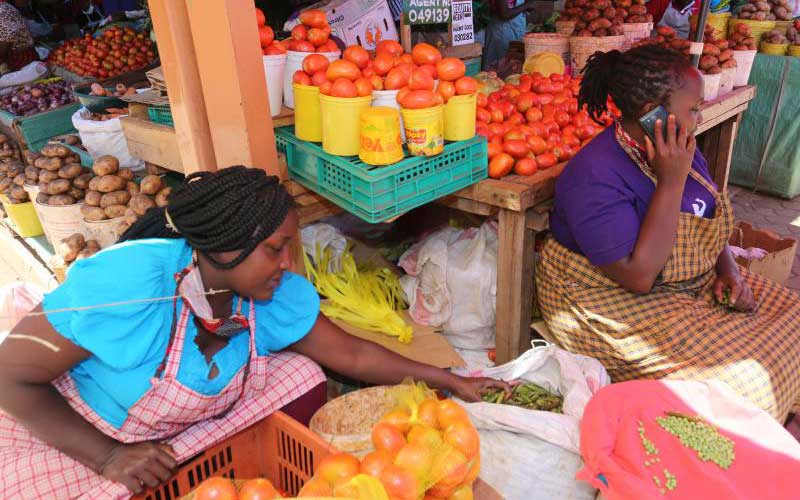×
The Standard e-Paper
Stay Informed, Even Offline

Traders at the Eldoret open air market yesterday. Experts are warning that Kenya's economy will face a huge hit this year, affecting millions of Kenyans. [Peter Ochieng, Standard]
In the coming months, you may not be able to afford your current lifestyle. Projections for the rest of the year on the Kenyan economy paint a gloomy future in which a vast majority of Kenyans will be penniless and unable to afford the basics of life.